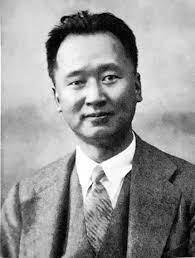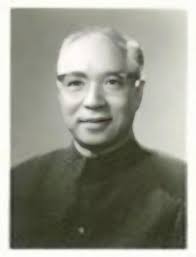Wang Kuo-wei (23 December 1877-2 June 1927), eminent classical scholar and ultraroyalist. Although he made contributions to several branches of humanistic studies, Wang was essentially a student of ancient Chinese history, a field in which he combined the highest traditions of Ch'ing scholarship with an awareness of the relevance of new data and modern techniques. […]






